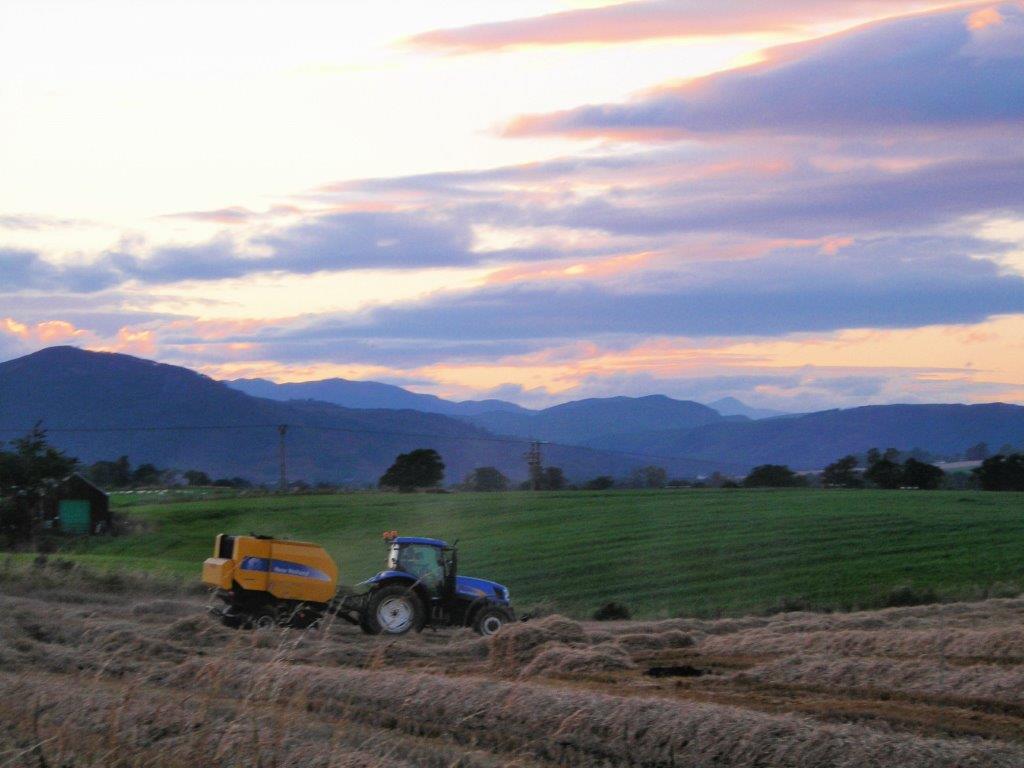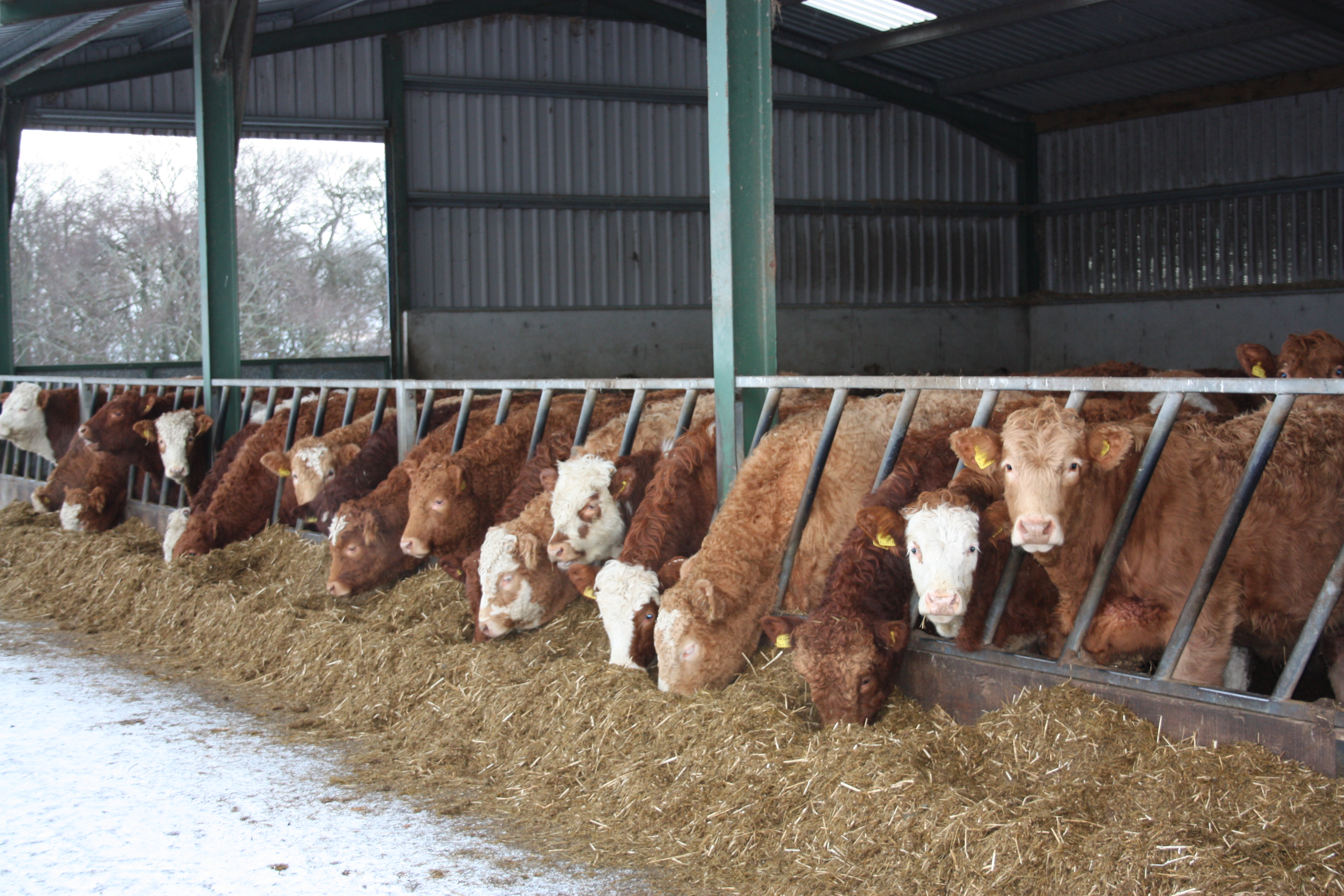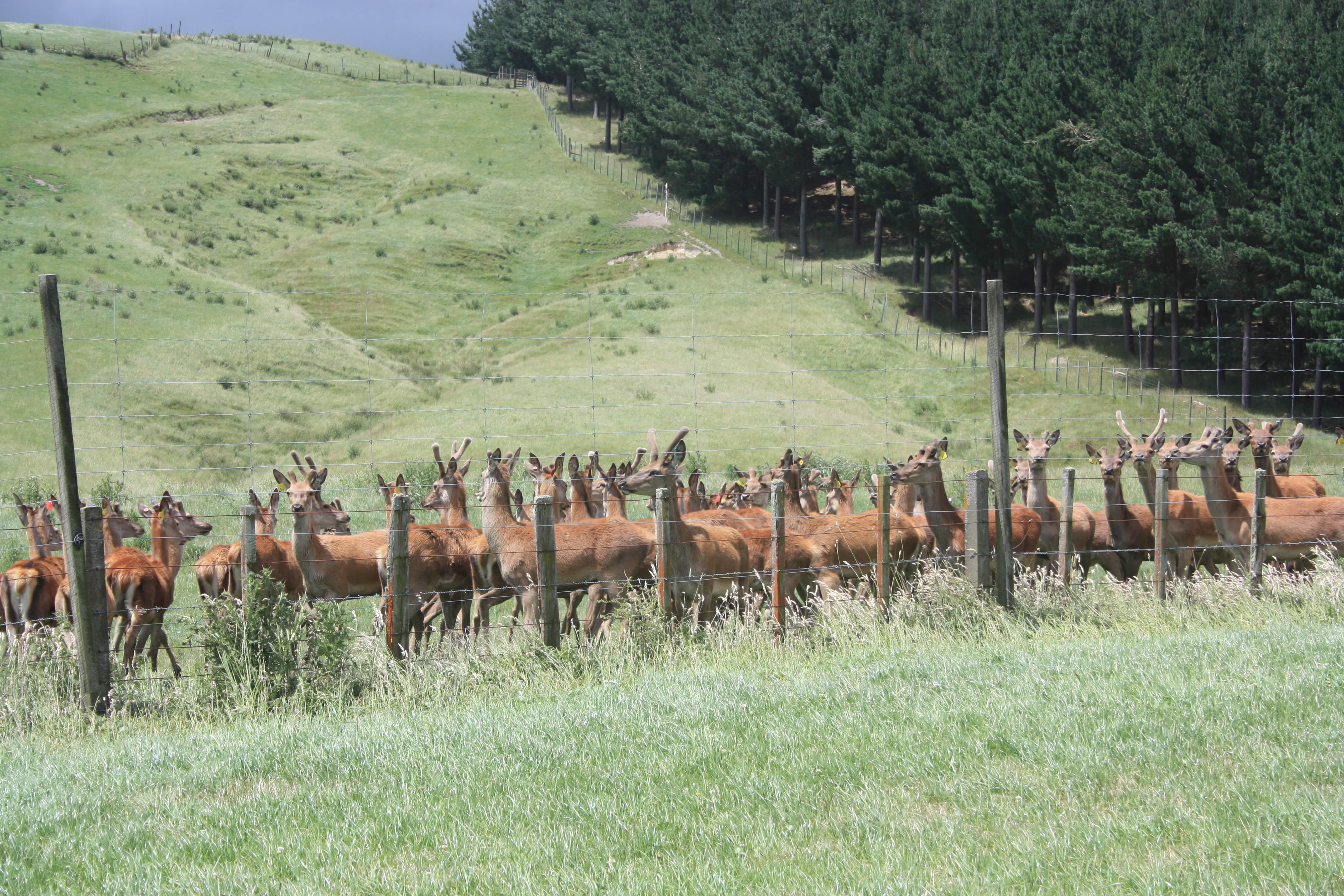Mar 1 2018
STFA CALLS FOR WIDER INVESTIGATION INTO BUCCLEUCH ESTATE MANAGEMENT
Scottish Tenant Farmers Association
News Release
1st March 2018
STFA CALLS FOR WIDER INVESTIGATION INTO BUCCLEUCH ESTATE MANAGEMENT
The Scottish Tenant Farmers Association has said that although Buccleuch’s announcement that it has asked the Tenant Farming Commissioner to examine its negotiations with agricultural tenants over farm leases is welcome, it has shown a complete lack of understanding of the issues which were so vociferously aired at a packed meeting in Langholm earlier this week.
The meeting had been called to discuss Buccleuch’s forestry proposals on the Eskdale and Liddesdale Estate but the strength of feeling in the local community about the management of the estate and its treatment of its farming tenants soon became clear and the Duke himself, his CEO John Glen and their factoring team came in for harsh criticism.
Speaking after the meeting STFA Chairman Christopher Nicholson, who had attended the meeting said; “What was so extraordinary about this meeting was not just the strength of feeling in the local community, or the spectre of the Conservative MSP Oliver Mundell lambasting the Duke of Buccleuch, but the fact that the Duke and his management team didn’t seem to be in tune with the changing culture developing in rural Scotland, that local communities now expect to be involved in decisions affecting the land about them. The meeting concluded with the Duke’s insistence that although matters would be handled differently, he had no intention of backing away from his tree planting and other land diversification plans.
“This was a remarkable demonstration of local democracy and those present did not hold back in expressing their deep concerns about the management of the Estate and the lack of consultation over major changes of land use, especially where it is resulting in tenants losing their farms. Tenant farmers’ concerns were well articulated at the meeting, but the lack of tenant farmers speaking out was noticeable, a symptom of their reluctance to put their heads above the parapet for fear of repercussions.
The Duke of Buccleuch has to be congratulated in appearing at the meeting in person rather than hiding behind his team of factors, which is so often the case. However, he has to realise that times are changing in Scotland and landowners are far more accountable than in the past and local communities as well as those who live and work on his estates have to be consulted and their views taken into account in management plans.
“STFA would welcome the prospect of the Tenant Farming Commissioner looking into the accusations against Buccleuch voiced at the meeting and would encourage tenants to speak to him in confidence about their concerns. However, allegations of bullying and intimidation as well as failure to follow industry codes, while important, are symptomatic of a more general failure to recognise the changing culture developing in rural Scotland. Local communities now expect to be involved in decisions affecting the land about them and the general attitude of profit before people, which is all too often the hallmark of estate management, has no place in rural Scotland. Consequently, we would urge the TFC not to restrict his investigations to Eskdale and Liddesdale Estate, but to conduct a wider survey how Buccleuch Estates are managed and its relationships with tenants and communities over its wider landholdings”.







